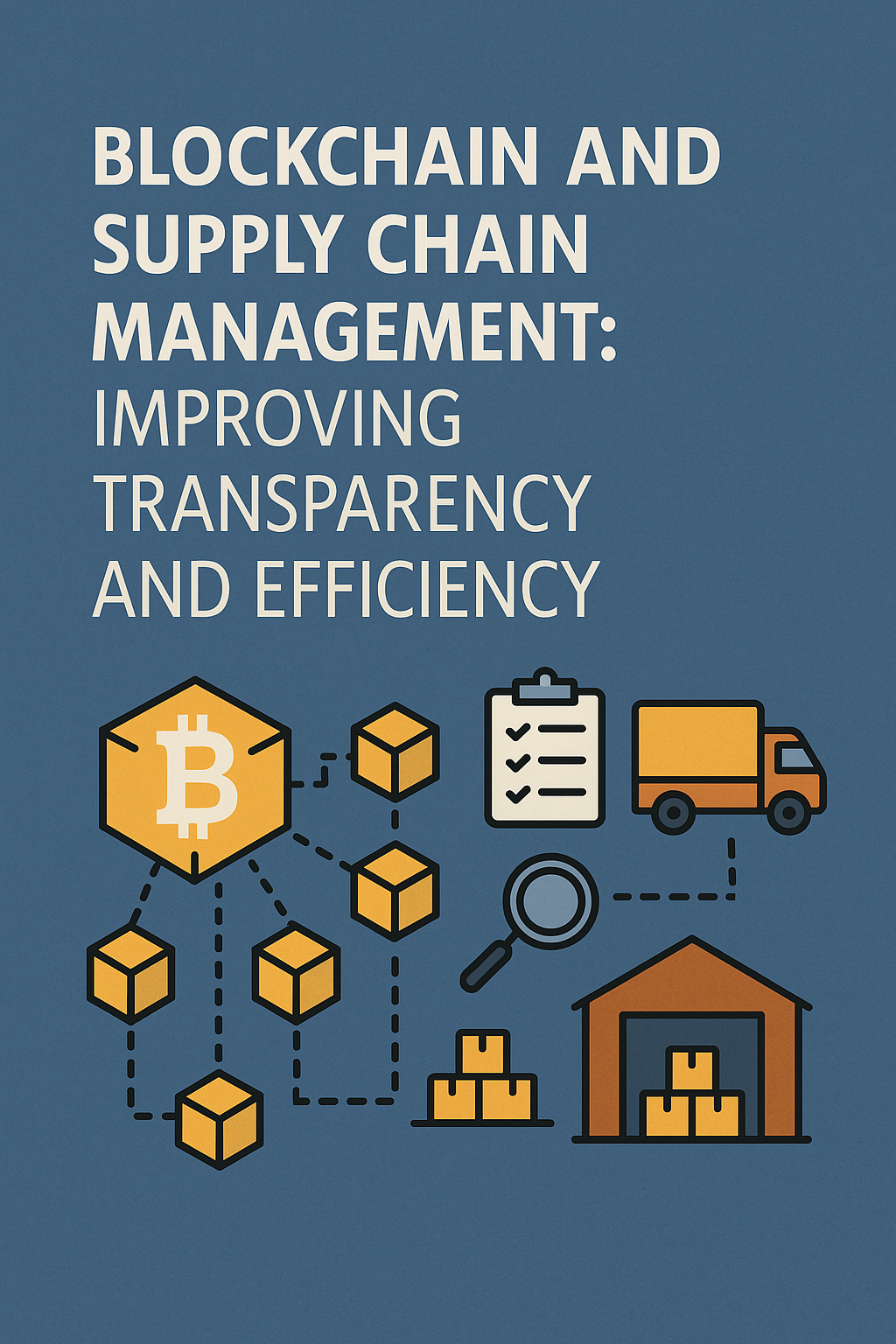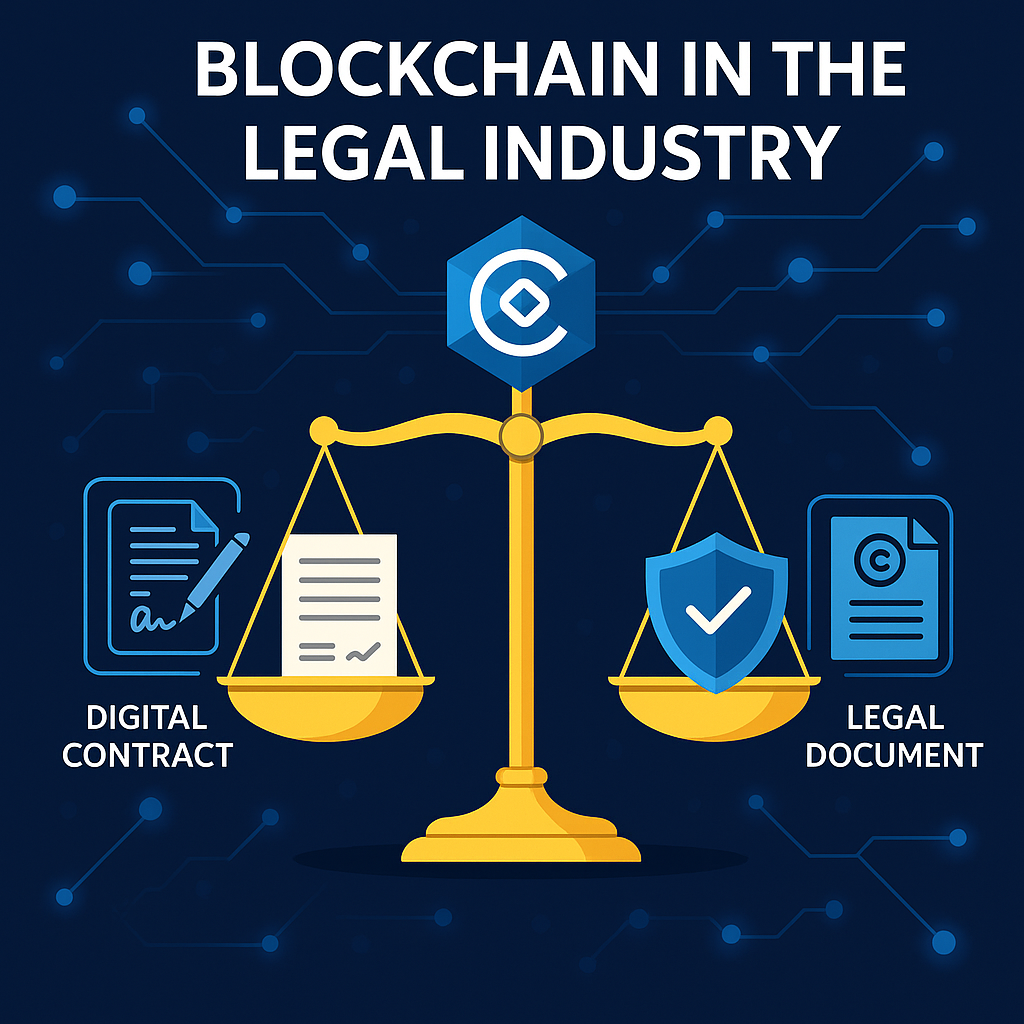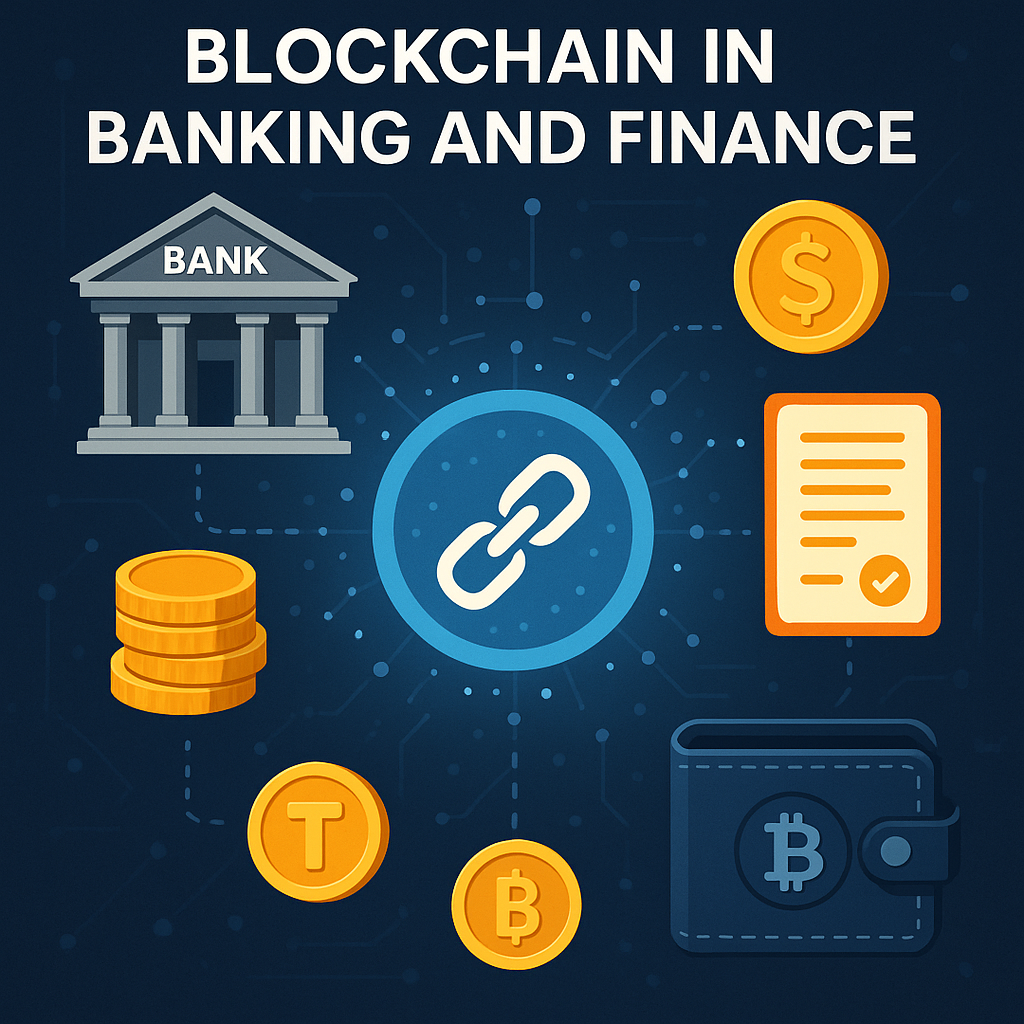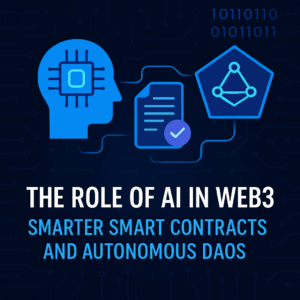Blockchain and Supply Chain Management: Improving Transparency and Efficiency
Blockchain and Supply Chain Management: Improving Transparency and Efficiency
In today’s globalized economy, supply chains have become increasingly complex, involving multiple stakeholders, vast amounts of data, and numerous transactions. This complexity often leads to challenges like lack of transparency, delayed information, fraud, and inefficiency. Blockchain technology offers a promising solution to these issues by enhancing transparency, traceability, and operational efficiency in supply chain management.
What is Blockchain in Supply Chain Management?
Blockchain is a decentralized digital ledger that records transactions across many computers in such a way that the registered transactions cannot be altered retroactively. Applying blockchain to supply chains means that every step—from raw materials sourcing to product delivery—can be recorded immutably and transparently.
How Blockchain Improves Supply Chain Transparency
- Immutable Record Keeping: Each transaction or movement of goods is recorded as a block, creating a tamper-proof history of the product’s journey.
- Real-Time Tracking: Blockchain allows real-time updates accessible to all authorized participants, improving coordination and reducing delays.
- Reduced Fraud: Counterfeit goods and fraudulent transactions can be minimized since every participant verifies the authenticity of products.
- Trust among Stakeholders: A shared, transparent ledger builds trust among suppliers, manufacturers, distributors, and consumers.
Enhancing Efficiency through Blockchain
- Automated Smart Contracts: These self-executing contracts reduce paperwork and speed up transactions by automatically enforcing terms when conditions are met.
- Streamlined Auditing: Auditors can quickly verify records without needing to contact multiple parties.
- Reduced Costs: By eliminating intermediaries and minimizing errors, companies save both time and money.
Real-World Examples
- Walmart uses blockchain to trace food products back to farms, helping to quickly identify contamination sources.
- Maersk partnered with IBM to digitize global shipping, improving the transparency and security of cargo logistics.
Challenges to Adoption
Despite its potential, blockchain adoption in supply chains faces hurdles such as technological integration, data privacy concerns, and the need for industry-wide collaboration.
Conclusion
Blockchain technology stands to revolutionize supply chain management by making it more transparent, secure, and efficient. As more industries embrace this innovation, we can expect improved product quality, reduced costs, and stronger trust throughout the supply chain ecosystem.






Post Comment